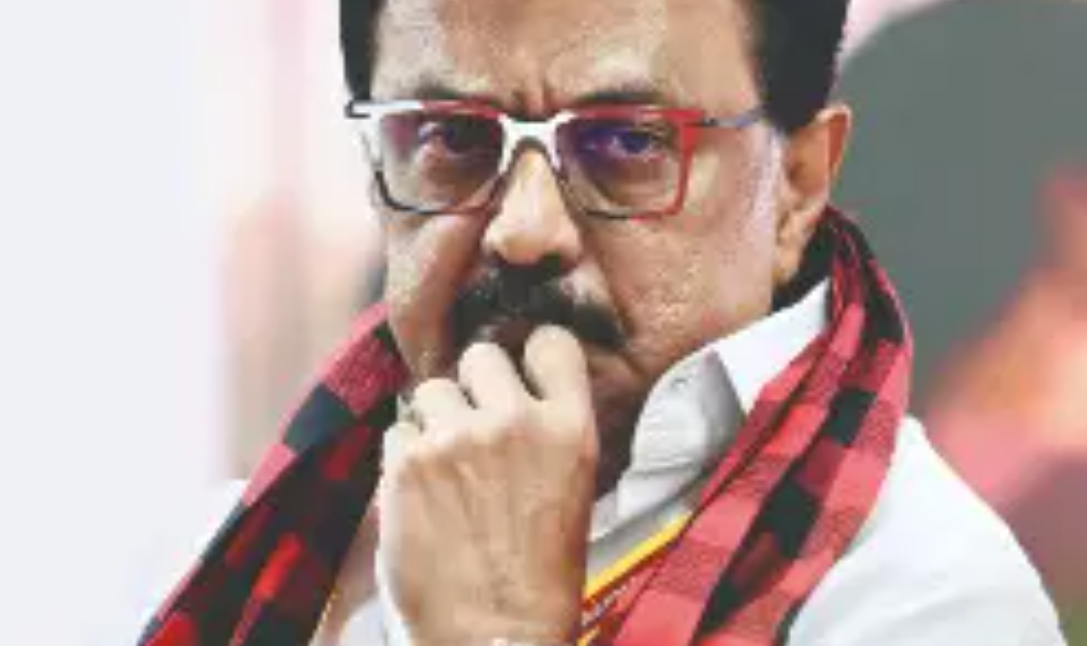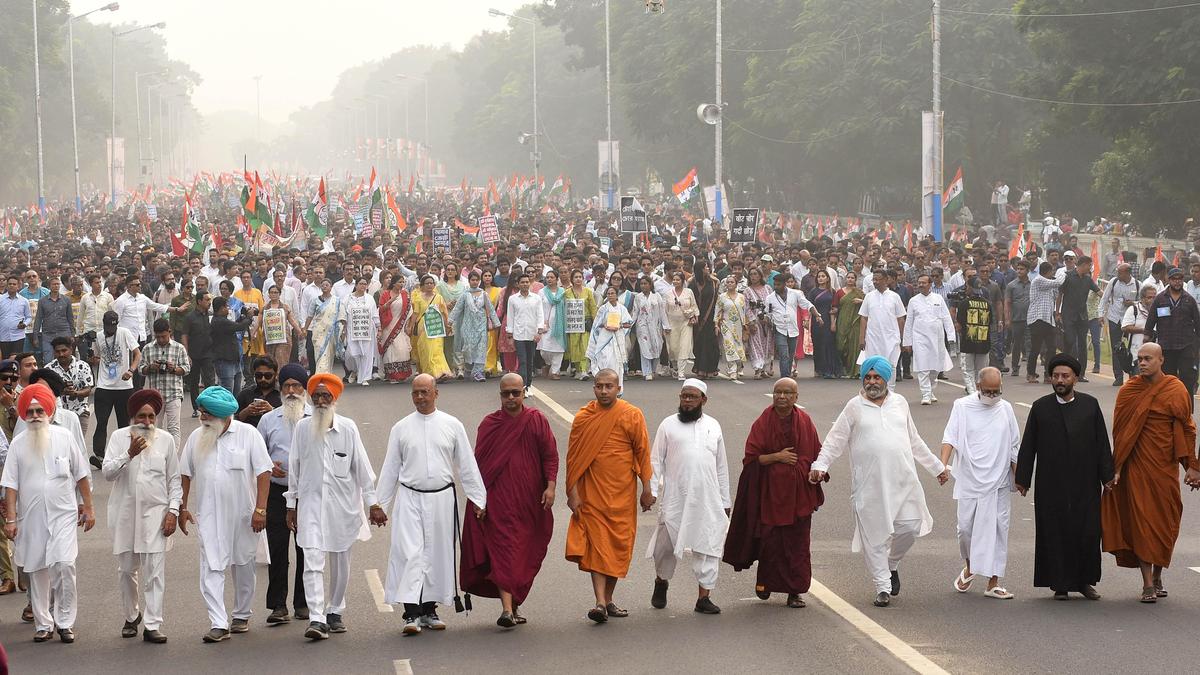In a significant show of regional solidarity, Tamil Nadu Chief Minister M.K. Stalin chaired a high-level meeting in Chennai, bringing together representatives from several state and regional parties to discuss the increasing strain between states and the Centre. The conference, titled “Strengthening Indian Republic (SIR)”, focused on safeguarding federal principles and demanding greater autonomy for states in fiscal, administrative, and policy matters.
The meeting, convened by the ruling Dravida Munnetra Kazhagam (DMK), saw participation from leaders of Kerala’s CPI(M), Telangana’s BRS, Punjab’s AAP, Odisha’s BJD, and West Bengal’s Trinamool Congress (TMC). The gathering was viewed as an important step in consolidating regional forces around a shared agenda of “cooperative federalism” – one that resists central overreach and seeks equitable resource allocation.
Chief Minister Stalin, in his opening remarks, emphasized that the Centre’s “one-size-fits-all” approach to policymaking was eroding the constitutional balance. “India’s strength lies in its diversity, not uniformity. Our demand is simple – respect the rights of states,” he said, calling for decentralization of taxation powers and the restoration of states’ fiscal independence under the GST framework.
Representatives from other states echoed similar concerns, particularly about delayed fund transfers, central interference in welfare schemes, and the misuse of governors’ offices. West Bengal’s TMC delegate stressed that “state governments are being treated as administrative subordinates, not equal partners in governance.”
The meeting concluded with a resolution to form a joint working group that will draft a comprehensive policy paper outlining constitutional, legal, and fiscal reforms to strengthen federal governance. Sources suggest that the recommendations will soon be presented to the Inter-State Council and possibly submitted to the Supreme Court for review.
Observers see this initiative as part of a broader political realignment, where regional parties are seeking to redefine their collective role in shaping India’s federal democracy – especially ahead of the next general elections.




